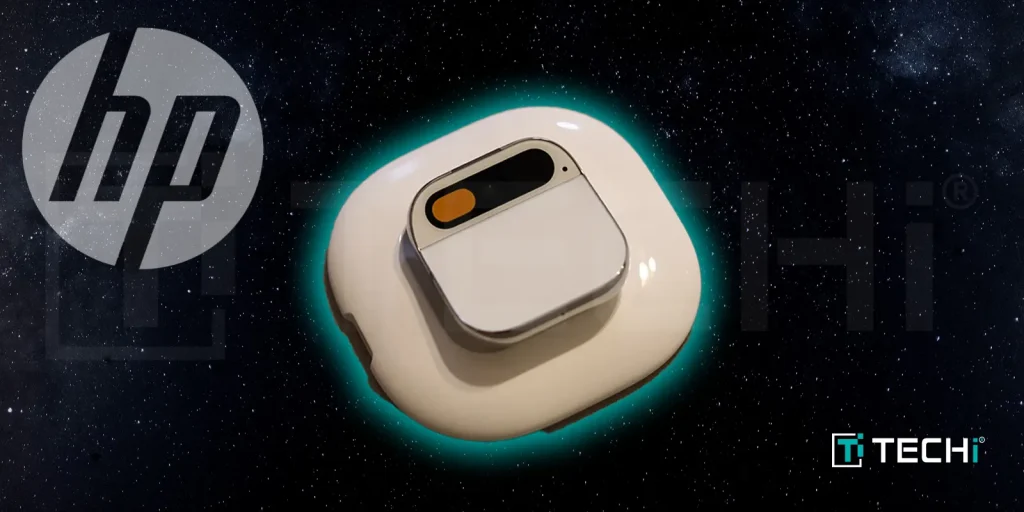HP’s recent $116 million acquisition of Humane has sent ripples through the tech industry. Once valued at $240 million, the AI wearable startup has been acquired for less than half of its original funding, signalling a major shift in the AI hardware space. The deal also comes with job offers for select Humane employees, while others have been let go. With Humane’s AI Pin officially discontinued, this raises questions about the future of AI-driven wearable technology and HP‘s plans for AI innovation. Let’s dive into the details.
Humane’s AI Pin: A Short-Lived Vision
Humane’s AI Pin was positioned as a screenless AI-powered assistant, promising a futuristic smartphone alternative. The $499 wearable aimed to leverage AI for daily tasks like messaging, calls, and web queries.
However, the device struggled due to:
- High Price Tag – The $499 price made it less attractive than existing smart assistants.
- Performance Issues – AI response times were slow, and cloud dependency limited functionality.
- Limited Adoption – Consumers didn’t fully embrace the concept of screenless AI wearables.
With sales discontinued and cloud services shutting down by February 28, the Humane AI Pin is officially dead.
Why Did HP Acquire Humane?
HP’s decision to buy out Humane’s assets suggests the company sees value in AI wearables and computing. Potential reasons include:
- AI Hardware Integration – HP may incorporate Humane’s technology into laptops, tablets, or smart accessories.
- AI Research & Development – Humane’s AI models and patents could enhance HP’s AI-driven software and cloud services.
- Enterprise & Consumer Applications – HP might reposition Humane’s AI assistant for business users rather than mainstream consumers.
What Happens to Humane’s Employees?
Following the acquisition, some Humane employees received job offers from HP, with salary increases ranging from 30% to 70%, stock options, and bonuses. However, many employees working closely with AI Pin development were laid off, indicating a shift in priorities.
What This Means for AI Wearables
The fall of Humane highlights key lessons for the future of AI-powered devices:
- AI Hardware Needs Practicality – Consumers prefer AI features integrated into existing devices rather than standalone gadgets.
- Cloud-Dependency is Risky – Relying on cloud services for core functionality limits usability.
- Big Tech Dominates AI Innovation – Startups in AI hardware must compete with tech giants like Apple, Google, and Microsoft.
Final Thoughts: Is HP’s AI Bet Worth It?
HP’s acquisition of Humane raises an important question: Will AI wearables survive, or was Humane’s failure a sign that the market isn’t ready? With AI assistants like ChatGPT, Gemini, and Apple’s AI models becoming more powerful, the future of AI devices might lie in software rather than standalone wearables. Whether HP revives Humane’s vision or pivots entirely remains to be seen.
Read More: Nvidia CEO Jensen Huang says market got it wrong about DeepSeek’s impact





Tech Writer